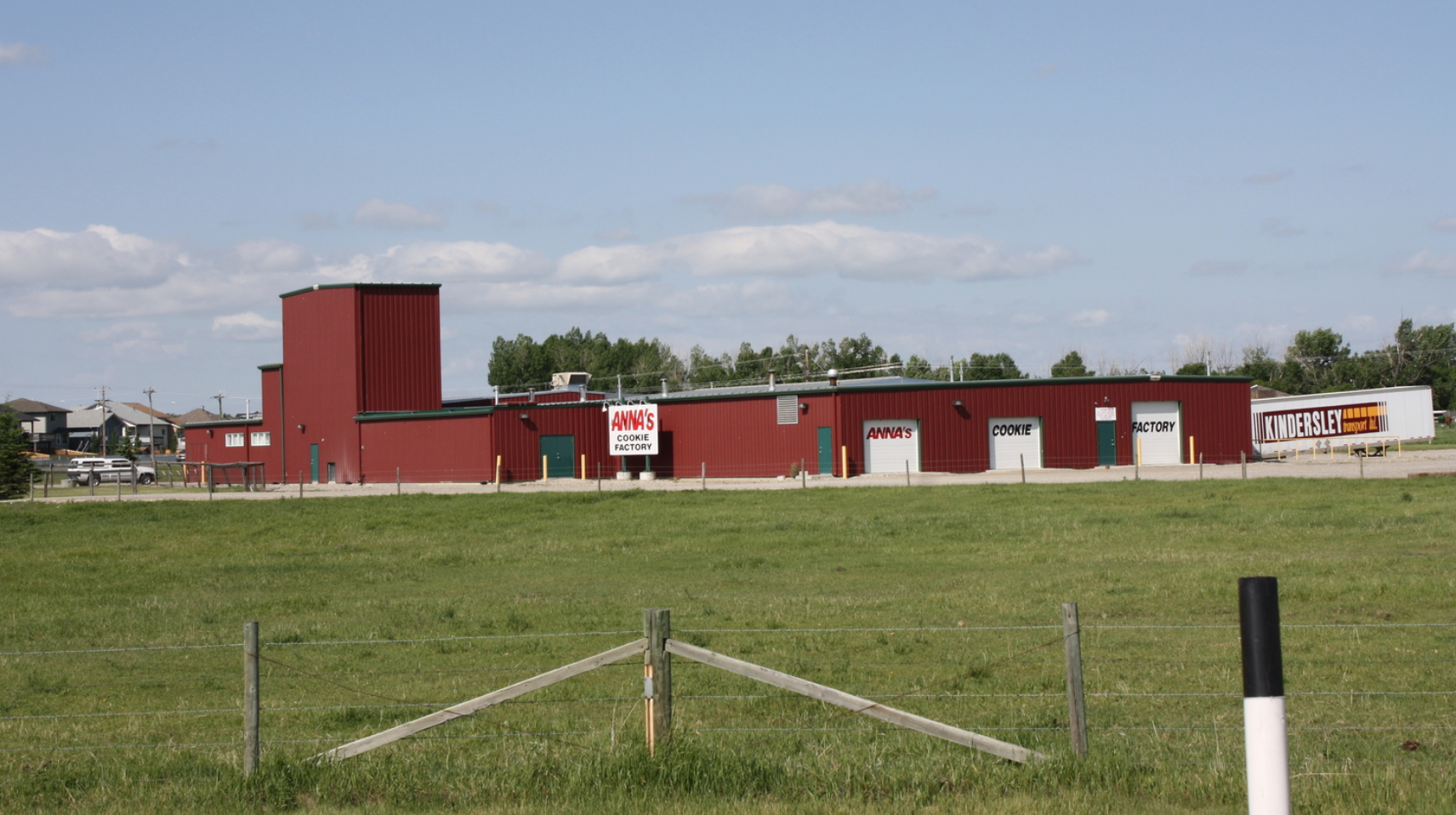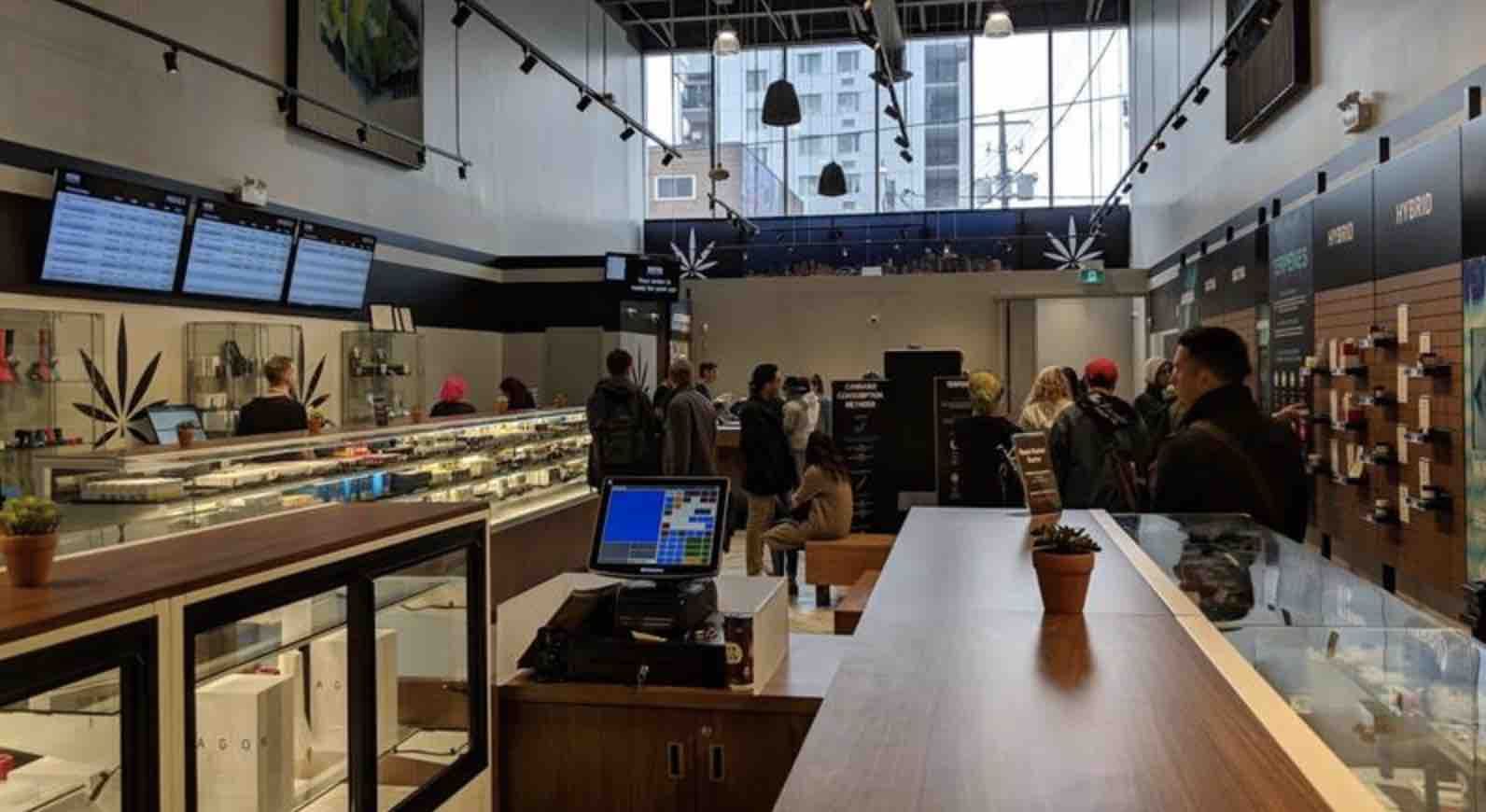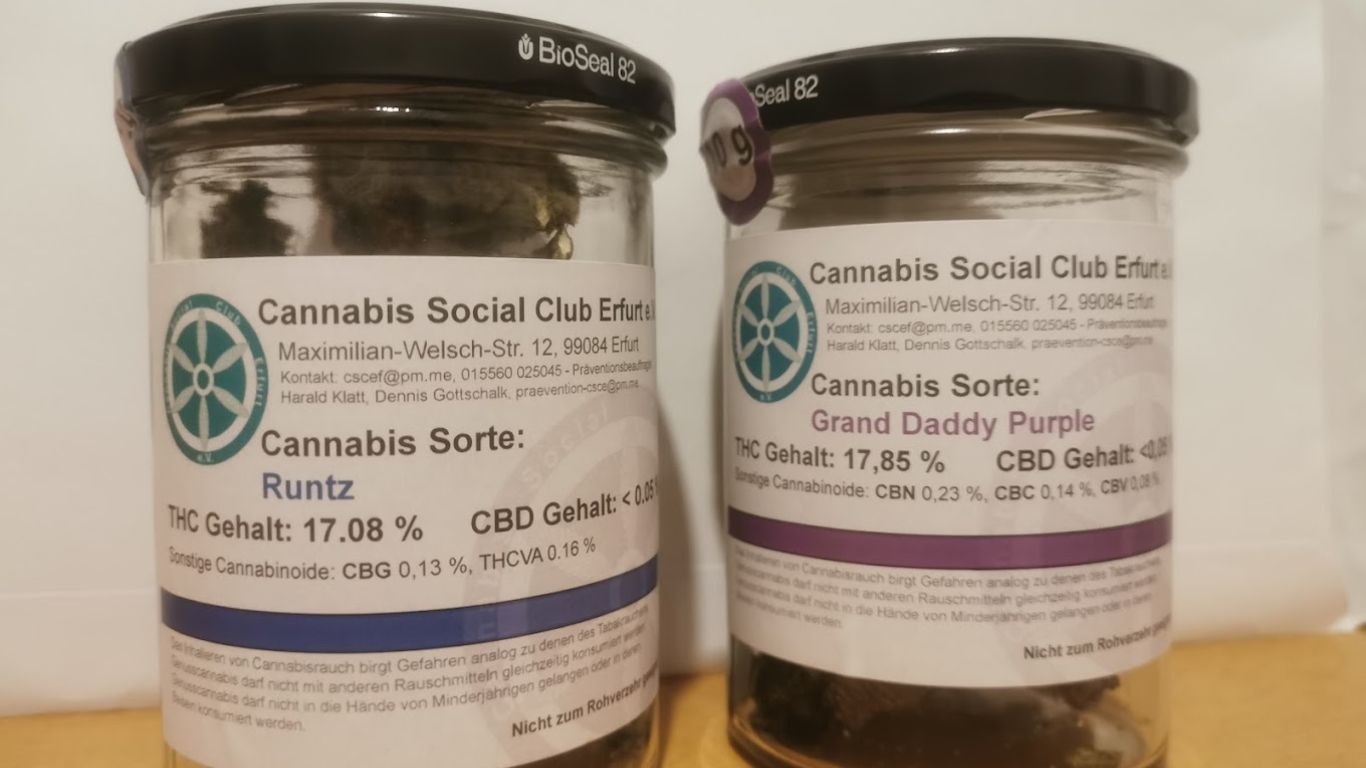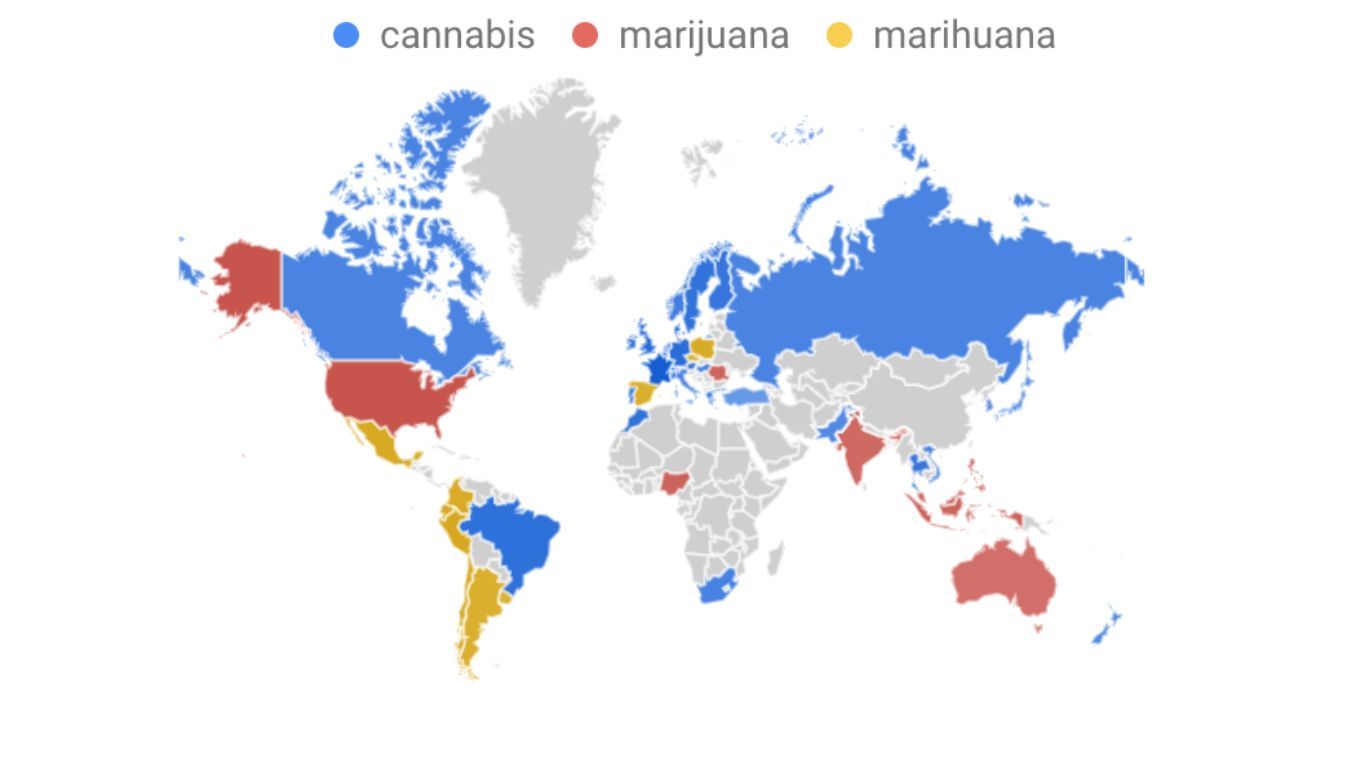
An amendment to allow a hopeful micro cannabis owner in High River, Alberta to move their application through with the city was passed by the city council last week.
The meeting and process highlights the challenges any new cannabis production applicant can face at the local level, before even beginning the process with federal licensing.
Highlighted here, the City Council for High River, about an hour south of Calgary, held a public hearing on July 13 prior to the ready of a bylaw that would allow a cannabis facility application to proceed at a specific industrial location. The location had previously not included cannabis production in its bylaw use allowances.
Although council passed the bylaw unanimously after the public hearing, three speakers from the community first expressed their concerns with issues such as water usage, power usage and property values all being negatively impacted by the facility. These kinds of concerns have plagued many new cannabis production applications in many locations across Canada.
The comments coming out of the public hearing were much more on the side of ‘I don’t like marijuana, therefore this can’t proceed’… but those are all federal government regulations.
mayor craig snodgrass, high river
Although reasons for these concerns can vary, they are often rooted in either a distrust of cannabis in general, or a general misunderstanding of the rules and regulations for cannabis production. Some of this stems from stories of negative experiences with some large scale legal and illegal producers flaunting federal rules, some cite concerns with water usage, water runoff, power usage, and light pollution.
In the meeting in High River, this was highlighted and referenced by both the city Mayor, as well as the applicant, who was present at the virtual meeting.
In discussing all the ways the federal regulations would require his facility to have systems in place to prevent odour escaping, or how he would manage water and power usage, especially at the small scale of a micro cultivation licence, the owner, Travis Lindsay, pointed out that at only 200m2, his facility would not have any significant local impacts.
The fact of the matter is that marijuana is legal in this country, it’s legal to commercially grow it, it’s legal to commercially sell it… most of this is outside our jurisdiction.
MAYOR CRAIG SNODGRASS, HIGH RIVER
“I think some of these statements are for an LP, but we’re only talking about 2,150 square feet of actual grow area,” said Lindsay in the virtual meeting.
Mayor Craig Snodgrass, who supported moving forward with the bylaw, agreed, referencing a much larger facility in Alberta.
“It’s not like Aurora up in Edmonton. This is very, very small.”
“The comments coming out of the public hearing were much more on the side of ‘I don’t like marijuana, therefore this can’t proceed’,” said Mayor Snodgrass. “But those are all federal government regulations.
“The fact of the matter is that marijuana is legal in this country, it’s legal to commercially grow it, it’s legal to commercially sell it… most of this is outside our jurisdiction. This isolated little spot where we have a micro grow opportunity and a business that wants to set up within our community, I am completely satisfied that the odour has to be dealt with, that’s federal legislation that ties their hands, they have to deal with that properly and if it’s not, well then we’ll deal with that.”
Lindsay had given a longer presentation on the facility, potentially named “High River Cultivators” to the city earlier this year.
High River City Council passed bylaws to allow for future cannabis businesses such as retail, cultivation, and processing, in May 2018.
Although High River’s city council seems receptive to cannabis development, this is not the case for many municipalities across the country. In British Columbia, municipalities across the province have been delaying or outright banning cannabis production licenses over similar concerns. Across the country in New Brunswick, new rules have been put in place preventing even small scale indoor licenses on agricultural land.
H/T to the High River Times.











